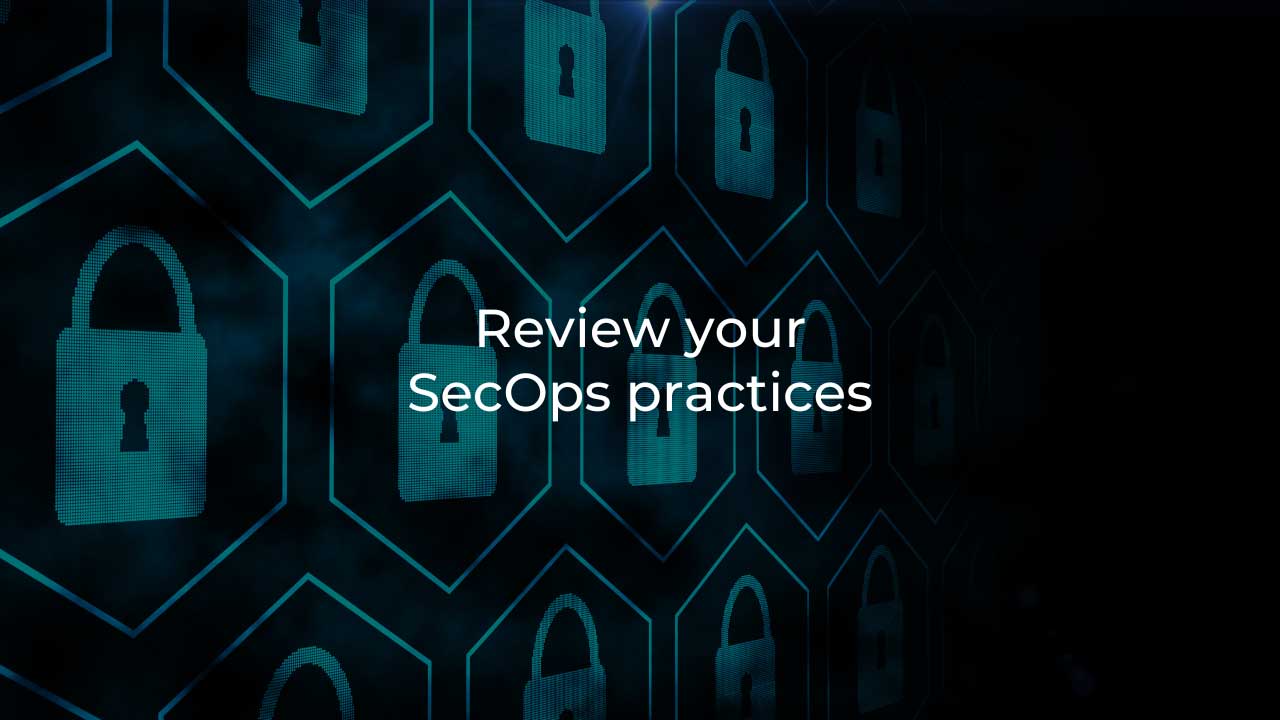6 Steps to Protect Your Business from Cybercrime
The COVID-19 pandemic has caused many issues for businesses and individuals throughout the world. One group that has benefitted from the pandemic? Cyber criminals. As more and more people moved into remote working situations, businesses were unwittingly exposing themselves to increased vulnerability to incursion by cyber criminals.
Here’s the bottom line: Organisations will be exposed to Cybercrime risks in some way. To mitigate such risks, there are steps that organisations can take:
1. Educate
As more employees are logging on to business systems remotely, regular reminders are needed about the ways that thieves might attempt to take advantage of their solitude to access corporate systems. Sophisticated and convincing phishing assaults have expanded dramatically and can be difficult to notice. Employees will remain vigilant if you frequently remind them about phishing tactics.

Include phishing simulation to help employees recognise and report threats that compromise critical business information.
2. Patch ASAP
It is more crucial than ever to update security fixes as soon as possible. Unknown security holes have been uncovered by new working methods, and you can be sure that criminal elements will try to exploit them before businesses have a chance to deploy the necessary patches.

Take immediate action as soon as you notice these gaps.
3. Block fake websites
Block phoney websites once they are discovered in phishing assaults. Previously, we were used to seeing phishing emails, often attempting to harvest login details for banks and financial institutions.

A new criminal opportunity has emerged this year, as numerous phoney donation websites have been put up to prey on donors who are willing to assist those afflicted by the pandemic. There even have reports of firm employees receiving emails pointing them to fraudulent charity websites from their own CEO.
Block such bogus websites and inform your counterparts about such fraudulent websites.
4.Secure mobile devices
Make sure that endpoints like mobile devices are properly secured. Make sure all tablets and smartphones, whether owned by your personal or professional company, are maintained up to date with the necessary security patches because of hybrid work model, more businesses are being conducted on them.

Any unpatched devices attempting to access company apps and networks should be denied. Make a physical security policy for equipment that can link to company data, and make sure that all employees agree to it and follow it. Access to zero-trust networks may be the solution for both.
5. Control all apps
Recognise and manage all applications used by your company. The increasing adoption of remote working might lead to an increase in the usage of unapproved collaboration platforms, or “shadow IT,” which was observed by many businesses. It was understandable and often necessary for personnel to remain productive that these platforms proliferated.

6. Review your SecOps practices

Make sure the security and operational procedures you have in place are sufficient to:
- Keep your organisational data safe
- Protect you from incursion by the users of the cyber world
Stay vigilant, stay aware
Unfortunately, cybercriminals are always evolving their techniques, coming up with new ways to exploit your weaknesses, and gathering your private data, so there is no such thing as a set-and-forget capability when it comes to cybercrime security.
Keep up with emerging attack strategies and safeguard your company. You are responsible for the organisation’s future financial and reputational success.


















